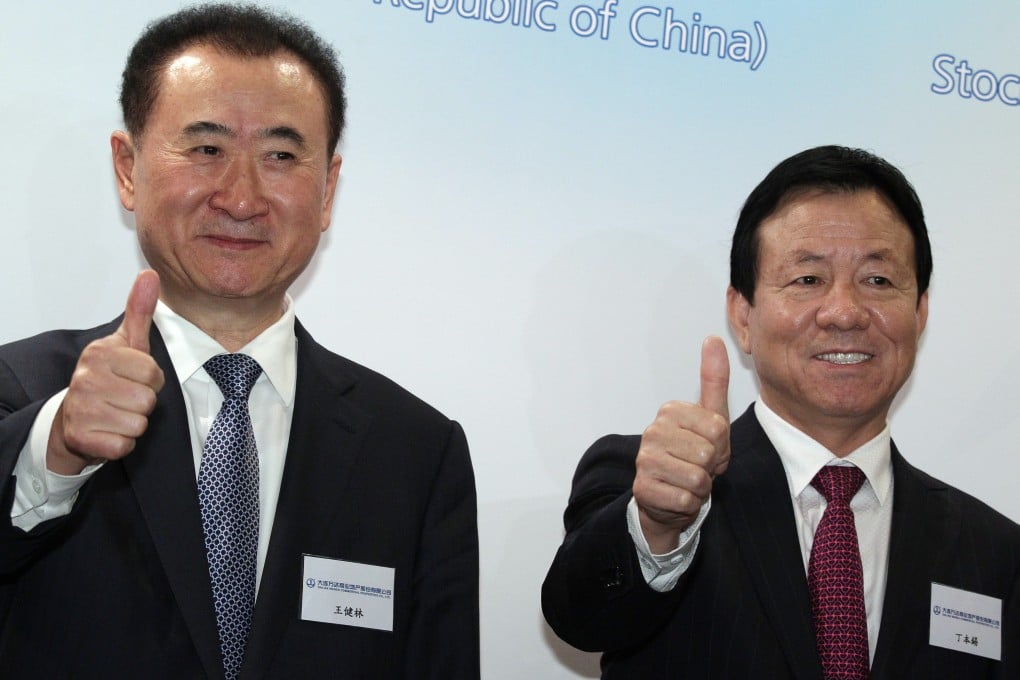China's private sector joins the nation's battle against corruption
Big companies including Dalian Wanda, Alibaba, Baidu and Tencent step up their internal audits, removing corrupt staff from their posts

Even as government graft-busters battle corruption within state-owned enterprises, some private companies have voluntarily joined the national crackdown, with many stepping up their internal audits.
One such firm, property conglomerate Dalian Wanda, last Friday held an anti-graft education assembly in Beijing, during which it announced that 18 staff members, including four high-level executives, had been removed from their posts for corruption and violations of company rules.
Among the 18, two cases had been transferred to judicial organs for criminal investigations, China Business News reported.
Wanda's corruption problem had been particularly pronounced in its property management sector and its shopping mall leasing departments, as employees there held great sway over arrangements for various merchants, the report said.
During the assembly, group president Ding Benxi relayed chairman Wang Jianlin's message that Wanda took a zero-tolerance approach towards corruption and would fine-tune its system for more effective ways to deter graft. Wang also vowed to make its auditing system more stringent, the report said.
"[Wang] chose to directly manage the auditing department," the report quoted a source close to the company as saying.
Ding urged Wanda employees to give their "unconditional support" to all audits, according to a statement on the company's website.